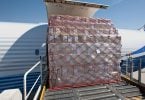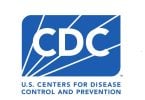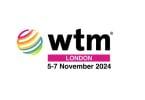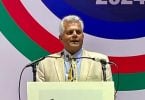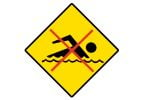On April 12, 2009, Prime Minister Abhisit Vejjajiva declared a severe emergency situation in the areas of Bangkok and its vicinities in accordance with the Emergency Decree on Public Administration in Emergency Situation B.E.2548 (2005). The government deemed this necessary as urgent measures must be taken to restore peace and the rule of law following the continuation of demonstrations led by the group called the United Front for Democracy Against Dictatorship (UDD).
Though the UDD has been campaigning against the government under Prime Minister Abhisit since the end of last year, their demonstrations have escalated since April 10, 2009, going beyond the exercise of the rights and freedoms under the constitution. There have been calls to instigate illegal acts, including blockading roads and government buildings, obstructing government officials from carrying out their duties, attempting to harm the Prime Minister and other government officials, and even setting bounties for certain persons, which violate the individual rights and freedoms of others.
In addition, on April 11-12, 2009, UDD protesters stormed the meeting venue of the 14th ASEAN Summit and Related Summits at the Royal Cliff Beach Resort, leading to the decision by the Thai government to postpone the summits and declare a severe emergency situation in the city of Pattaya and Chonburi Province for a brief period to facilitate the safe departure of ASEAN and other dialogue partners’ leaders back to their respective countries. The government has all along exercised restraint and allowed peaceful demonstrations to continue as part of the exercise of people’s rights under the constitution. Nevertheless, where illegal acts are committed, the law must be enforced.
Currently, the Thai government is doing its utmost to restore peace and order and enforce the law of the land in order to bring the situation back to normal as soon as possible. In so doing, the government will continue to exercise the utmost restraint and will adopt measures using a step-by-step approach to resolve the situation with the greatest efficiency and the least confrontation. Basic measures, particularly negotiations, will be undertaken first before being stepped up to such measures as the firing of blank bullets, warning shots, and tear gas. No weapons have been and will be used, except in self-defense.
On April 13, 2009, the Prime Minister issued an order establishing the Centre for the Resolution of the Emergency Situation (CRES) to monitor and undertake appropriate measures to resolve the current situation. Military officials have been asked to assist civilian officials and police officers in mitigating the situation. All actions that have been taken by the officers concerned are in accordance with the law and under the direction of the government.
As of April 13, 2009, 1700 hours, many road blockades erected by protesters have already been cleared in Bangkok. While around seventy people, both on the security forces side and the protester side, have been injured, there have been no fatalities.
For tourists visiting the kingdom, it should be noted that on-going disturbances have been limited to only certain districts in Bangkok. Outside Bangkok, while there have been some demonstrations in certain provinces, they have been peaceful with no reports of clashes or violent protests, particularly in popular tourist destinations in the north and south of Thailand.
Importantly, it should be stressed that foreigners have not been targeted in the on-going political conflict. Be that as it may, foreigners are advised to avoid areas in which there are demonstrations and street blockades.
Additionally, the government has stepped up measures to ensure the safety and well-being of foreigners in Thailand, as well as the security and continued operations of the country’s airports. Additional information for tourists is available at the Tourism Authority of Thailand’s Call Centre at 1672 (calling from within Thailand) or +662-652-8313 (calling from overseas).







